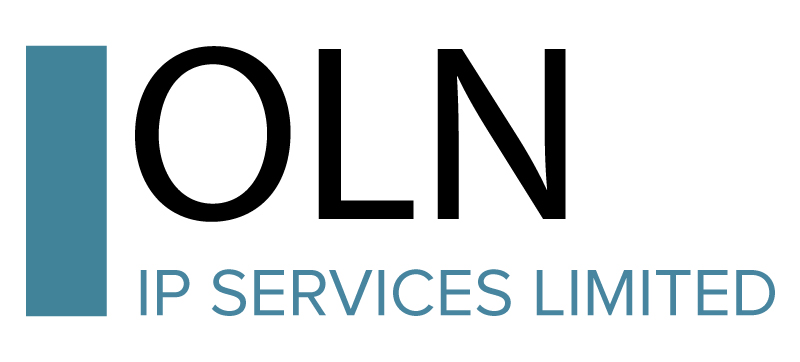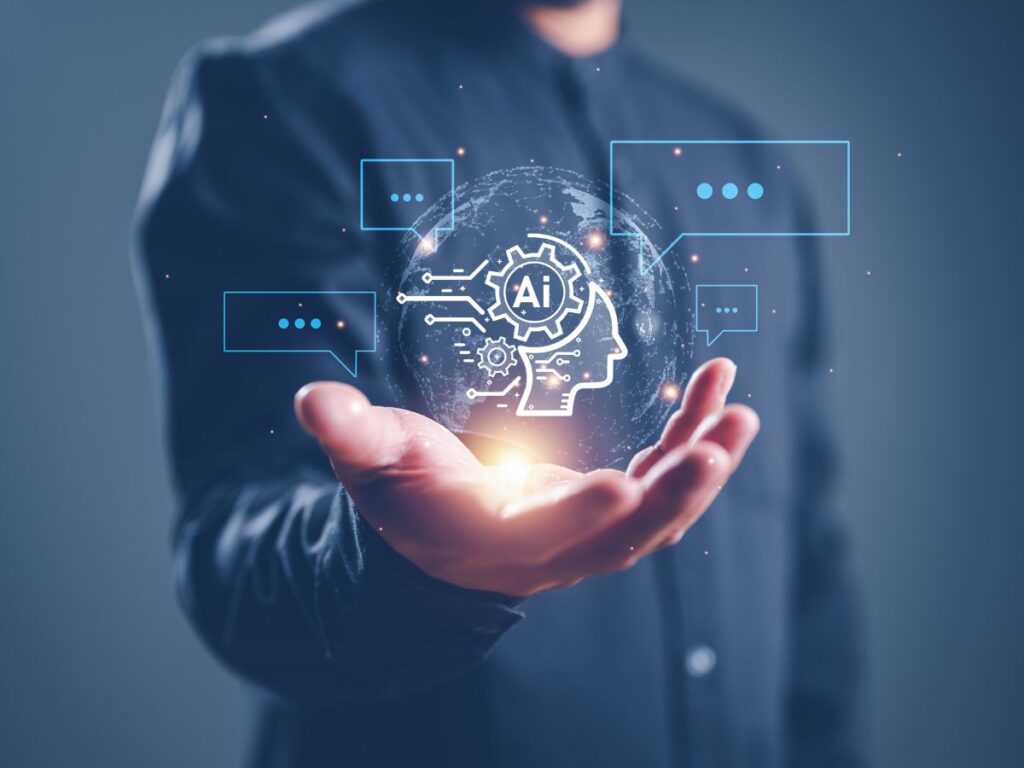ChatGPT, a language model developed by OpenAI, reached one million users just five days after its launch, making it the fastest growing consumer application in history.
When compared to the time taken by other leading social media platforms or services to hit one million users, this is truly impressive:
| Netflix | 1999 | 3.5 years |
| Airbnb | 2008 | 2.5 years |
| 2006 | 2 years | |
| 2004 | 10 months | |
| Dropbox | 2008 | 7 months |
| Spotify | 2008 | 5 months |
| 2010 | 2.5 months | |
| ChatGPT | 2022 | 5 DAYS |
However, users should be aware that while ChatGPT can provide information on a variety of topics, its answers are not always factual or truthful. The model relies on public web data collected by not-for-profit organizations and other sources with a cut-off date of 2021, and this data may contain misinformation and myths.
Legal Issues Related to Artificial Intelligence
There is currently no individually enacted law in Hong Kong that governs AI technologies and AI-generated data, such as ChatGPT. Legal issues related to AI may draw from laws and regulations on human rights, data privacy, and intellectual property.
Human Rights and Artificial Intelligence
Cases of people being treated unfairly because of AI, such as being denied social security benefits or being arrested because of flawed facial recognition, have raised concerns about human rights. If the data used to guide and train AI systems is faulty, biased, out of date, or irrelevant, the AI may make unfair or discriminatory decisions that affect people’s right to health, education, job, and public welfare services.
Ethics and Artificial Intelligence
In November 2021, UNESCO adopted the Recommendation on Ethics of Artificial Intelligence, the first-ever global standing setting instrument. The recommendation promotes a human-centred AI for the greater interest of the people. Demonstrating good AI ethics is not just responsible behaviour but also helps to avoid detrimental risks such as product failures, legal claims, and damage to a brand.
Personal Data Privacy and Artificial Intelligence
The Privacy Commissioner for Personal Data issued the “Guidance on the Ethical Development and Use of Artificial Intelligence” in August 2021 to help organizations understand and comply with the relevant requirements under the Personal Data (Privacy) Ordinance (PDPO). The guidance includes seven ethical principles for AI:
- Accountability
- Human oversight
- Transparency and interpretability
- Data privacy
- Fairness
- Beneficial AI
- Reliability, robustness, and security
One of the principles related to the use of personal data under the PDPO prohibits the use of personal data for any new purpose that is not or is unrelated to the original purpose when collecting the data unless with the data subject’s express and voluntary consent.
Intellectual Property and AI Technologies
As AI technologies continue to evolve and become more prevalent, protecting your intellectual property (IP) rights is becoming increasingly important. Two important forms of IP protection for AI technologies are copyright and patent protection.
Copyright Protection
In Hong Kong, copyright automatically arises upon the creation of the original work, and there is no requirement or mechanism for registration. However, proper documentation is necessary to prove ownership in case of a dispute.
It’s important to note that employees or contracted developers may incorporate third-party source code without authorization, inadvertently infringing on others’ IP rights and affecting ownership and use. Additionally, AI technologies can generate art and musical works, and it’s important to determine whether such works are considered original and protectable by copyright. If so, the issue of who owns the copyright in such works arises, and it’s advisable to have an agreement with end-users to avoid future disputes over ownership.
Patent Protection
Patent protection can be more challenging for AI technologies. It is increasingly difficult to get a patent registered for an AI tool or product, and it’s advisable to consult a patent attorney to assess whether a newly developed AI tool or product is patentable. A company making, using, or selling AI tools or products also needs to ensure freedom to produce and avoid encroaching on existing patents covering AI innovation.
New Copyright Amendment Ordinance in Hong Kong
The new Copyright (Amendment) Ordinance will be implemented in Hong Kong on 1 May 2023. Key changes include:
- Introduction of an exclusive technology-neutral communication right for copyright owners.
- Criminal sanctions against infringements of the communication right.
- Expanded scope of copyright exceptions to cater for use of copyright works in certain common Internet activities.
- Safe harbour provisions offering incentives for online service providers (OSPs) to co-operate with copyright owners in combatting online piracy.
- New statutory factors for assessing whether to award additional damages in civil copyright infringement cases.
Therefore, AI developers and platforms are encouraged to co-operate with copyright owners to combat online piracy more than ever.
In conclusion, while AI technologies such as ChatGPT have enormous potential to enhance our lives, it’s essential to ensure that their development and use are guided by ethical principles and legal regulations that protect human rights and data privacy. If you have any legal issues related to AI, it’s advisable to seek the advice of a lawyer or law firm with expertise in this area.





